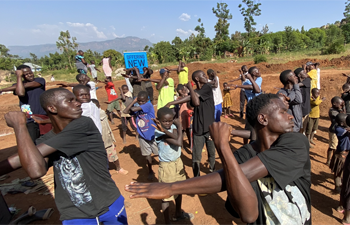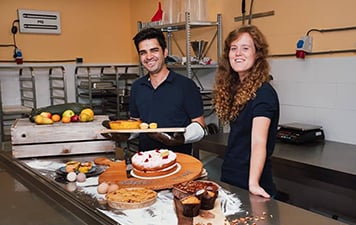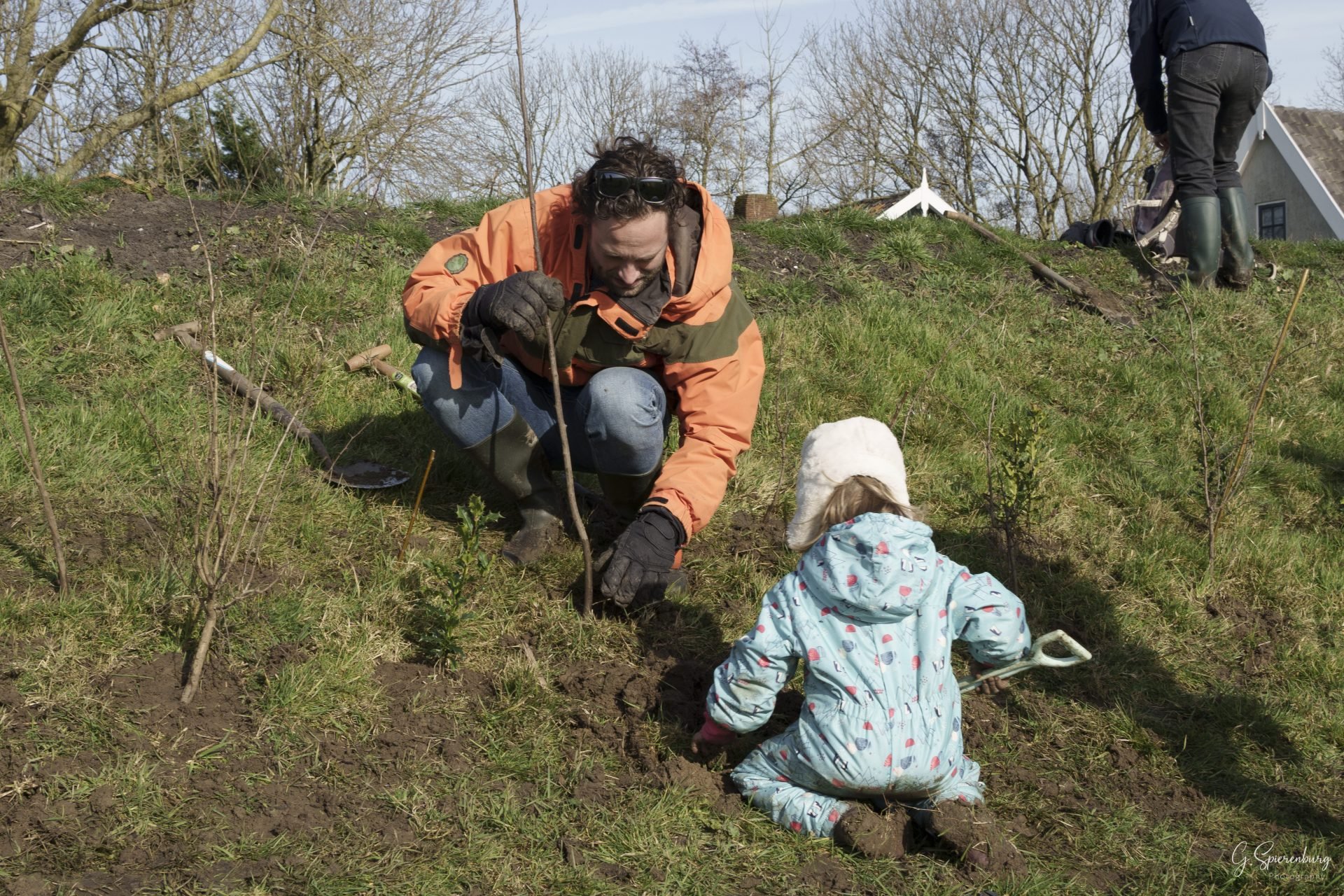Since the outbreak of war in Syria in 2011, millions of Syrians have not yet returned home. Some don’t consider it safe enough because of the ongoing violence; others may stay away forever. Among them are also many musicians, writers, visual artists and other creatives, each of whom carry with them aspects of Syrian cultural heritage. Organising the annual online Douroub music festival, Ettijahat – Independent Culture succeeds in uniting some of these individuals. Sandra Kastoun is involved in organising the festival from Ettijahat and told us more about the initiative.
Preserving cultural heritage
With the DOEN Foundation’s support, Ettijahat has been providing funding and networking opportunities to Syrian artists and cultural institutions for years. This is essential in a country where space for the imagination cannot be taken for granted. With residents literally divided, this organisation focuses on uniting all people and keeping their stories alive. Sandra: “The Douroub project addresses the alarming fragmentation of the Syrian people and their institutions and cultural heritage. We try to document as many stories about the country and its different communities as possible, making them accessible to everyone.”
Music festival of global connection
The Douroub music festival, which was organised for the second time this summer, is an online music festival celebrating Syrian cultural heritage through various pieces of music called Maqams. Sandra: “The Arabic term ‘Maqam’ refers to a system of melodies widely used in classical Arabic music. The opening concert consisted of 13 pieces of music and numerous visual animations that were streamed live and could also be viewed or listened to via YouTube and SoundCloud. More than 50 musicians and visual artists, producers, filmmakers and technical audio-visual experts from different backgrounds joined creative forces.”
Cross-cultural impact
The concert not only connected Syrians from around the world, but other communities and cultures also visibly enjoyed the performances. Sandra: “The festival also introduced our culture to non-Syrian viewers and listeners. This was heart-warming and the highlight of the whole experience for me: images of all those people dancing and enjoying the performance in different parts of the world. It shows how heritage can strengthen social bonds between people.”
Rebuilding and strengthening bridges
Efforts in the coming years will continue to focus on rebuilding bridges that have broken down between people and cultures, and strengthening Syria’s cultural heritage. “The political, economic and social conditions in our country have unfortunately forced many artists to move away or quit their work to look for other opportunities. We’re aware of the challenges presented by fragmentation of this nature, which must be addressed. The Douroub project enables us to reconnect. And we hope to further expand our network of different artists, researchers, technicians, experts, students and service providers.”
Finally, Sandra highlights the importance of a new generation of artists to continue and expand the cultural heritage. “The new generation of artists lacks security and support. That’s why it’s so important for them to develop their skills and receive practical support within their region. We are committed to giving them the security, safety and, above all, opportunities to develop. They are our future!”


